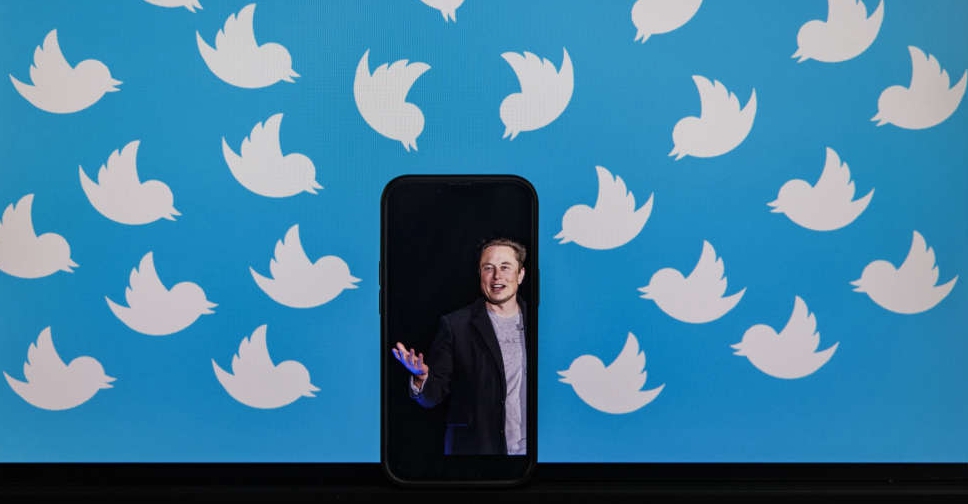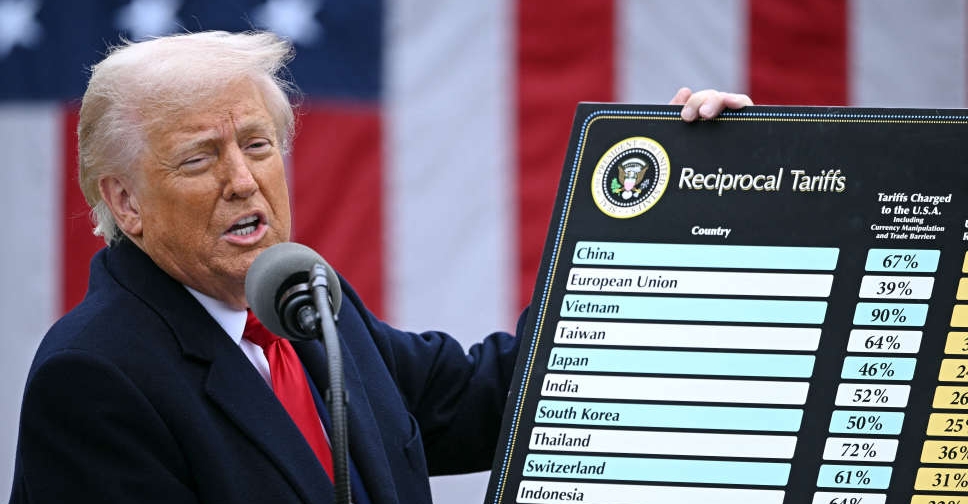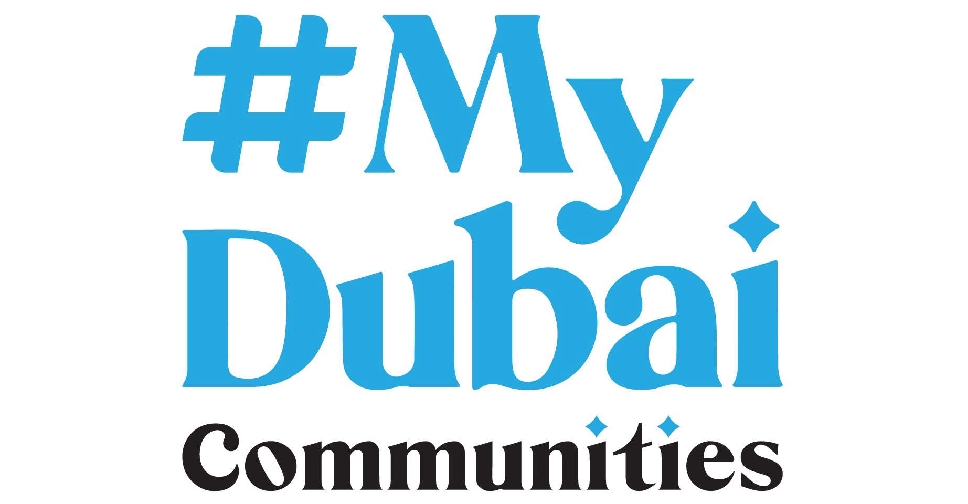
Twitter, on Sunday, removed the verification check mark on the main account of The New York Times, one of CEO Elon Musk's most despised news organisations.
This move came as many high-profile users of Twitter are anticipating the loss of the blue tick marks that were helpful in verifying their identity and distinguishing them from impostors on the social media platform.
Musk, who owns Twitter, set a deadline of Saturday for verified users to purchase a premium Twitter subscription or risk losing the check marks on their profiles. The Times had previously stated that it would not pay Twitter for verification of its institutional accounts in a story on Thursday. Musk later tweeted on Sunday that The Times' check mark would be removed and went on to make derogatory comments about the newspaper, which has reported aggressively on Twitter and flaws with partially automated driving systems at Tesla, the electric car company he runs.
The real tragedy of @NYTimes is that their propaganda isn’t even interesting
— Elon Musk (@elonmusk) April 2, 2023
Although The New York Times' main account lost its check mark, other accounts such as its business news and opinion pages still had either blue or gold tick marks on Sunday, and multiple reporters for the news organisation retained their verification status.
The Times released a statement on Sunday, saying, "We aren't planning to pay the monthly fee for check mark status for our institutional Twitter accounts. We also will not reimburse reporters for Twitter Blue for personal accounts, except in rare instances where this status would be essential for reporting purposes."
The costs of maintaining a verified status on Twitter range from $8 a month for individual web users to a starting price of $1,000 monthly to verify an organisation, plus $50 monthly for each affiliate or employee account. Twitter does not verify individual accounts to ensure they are who they say they are, as was the case with the previous blue check marks that were distributed to public figures and others during the platform's pre-Musk administration.
Although the cost of Twitter Blue subscriptions might seem negligible for Twitter's most famous commentators, celebrity users from basketball star LeBron James to Star Trek's William Shatner have resisted joining. Seinfeld actor Jason Alexander pledged to leave the platform if Musk takes his blue check mark away.
The White House has also declined to enroll in premium accounts, according to a memo sent to staff. While Twitter has granted a free gray mark for President Joe Biden and members of his Cabinet, lower-level staff will not receive Twitter Blue benefits unless they pay for it themselves.


 Wall Street futures sink as tariffs fuel recession fears
Wall Street futures sink as tariffs fuel recession fears
 Trump to impose 10% tariff on UAE, Saudi Arabia imports
Trump to impose 10% tariff on UAE, Saudi Arabia imports
 UAE tops global entrepreneurship rankings for 4th straight year
UAE tops global entrepreneurship rankings for 4th straight year
 Emirates launches express delivery service
Emirates launches express delivery service
 DEWA reduces CO2 emissions with increased electricity, water efficiency
DEWA reduces CO2 emissions with increased electricity, water efficiency




